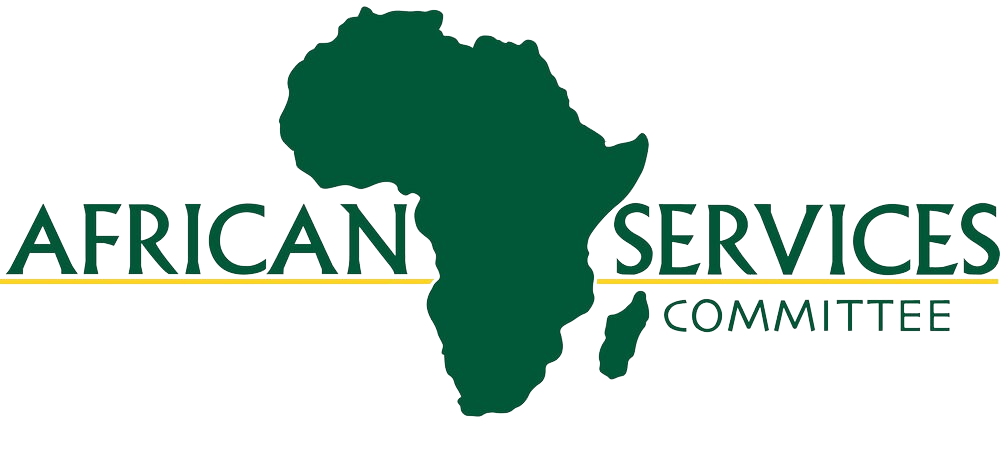Celebrating African Integration Day: Advancing Regional and Continental Unity
African Integration Day
On the 7th of July each year, the African continent comes together to celebrate African Integration Day. This significant day was designated by the African Union Heads of State and Government in 2019 to honor the remarkable achievements made in the process of regional and continental integration. It also serves as an opportunity to reflect on the lessons learned and address the challenges that lie ahead. Rooted in the Abuja Treaty of 1991, Africa's integration agenda aims to establish an African Economic Community through various stages, ultimately fostering unity and prosperity.
The Abuja Treaty and Africa's Integration Agenda:
The Abuja Treaty, signed in 1991, lays the foundation for Africa's integration agenda. It outlines a comprehensive framework for achieving regional and continental integration. The primary objective is to establish an African Economic Community through six successive stages. These stages involve strengthening sectoral cooperation, establishing regional free trade areas, forming a continental Customs Union, creating a Common Market, and ultimately developing a monetary and economic union. The consolidation of the Common Market depends on crucial elements such as the free movement of people, the right of residence, and the right of establishment.
The African Continental Free Trade Area (AfCFTA):
A significant milestone in Africa's regional integration journey was reached on January 1, 2021, with the implementation of the African Continental Free Trade Area (AfCFTA). The AfCFTA agreement, characterized by its impressive speed of negotiations, signature, ratifications, and entry into force, represents a historic achievement in the African Union's treaty-making history. The AfCFTA aims to promote intra-African trade, boost economic growth, and create opportunities for businesses across the continent. However, while the AfCFTA has been adopted and implemented, the overall results in attaining the objectives of the Abuja Treaty have been mixed, with different Regional Economic Communities (RECs) at varying stages of implementation.
Owning the Regional Integration Process:
One key aspect that requires additional attention is the need to ensure that ordinary African citizens understand and embrace the regional integration process. While progress is being made at the institutional and governmental levels, it is vital to foster a sense of ownership and participation among African citizens. Mobilization and enthusiasm observed during the previous commemorations of African Integration Day are indicative of the importance the African Union leadership attaches to fast-tracking regional and continental integration. These efforts should continue to engage and empower individuals, as they are the driving force behind the Africa We Want.
Agenda 2063: The Africa We Want:
In 2013, the member states of the African Union established "Agenda 2063: The Africa We Want." This ambitious agenda serves as a roadmap for achieving an integrated, prosperous, and peaceful Africa, driven by its citizens and playing a significant role on the global stage. Agenda 2063 emphasizes the need for unity, self-determination, and inclusive growth. It encapsulates Africa's aspirations, including enhanced regional integration, improved governance, sustainable development, and gender equality. By aligning with this long-term vision, African Integration Day becomes a critical stepping stone towards realizing the Africa We Want.
African Integration Day stands as a symbol of the African Union's commitment to regional and continental integration. It provides an occasion to celebrate the achievements made so far and to acknowledge the challenges that lie ahead. Through the Abuja Treaty and the AfCFTA, Africa's integration agenda continues to gain momentum. However, it is crucial to ensure that the benefits of integration reach ordinary citizens and that they actively participate in the process. By working towards Agenda 2063 and fostering unity, prosperity, and peace, Africa is building a stronger future for itself and its people.


